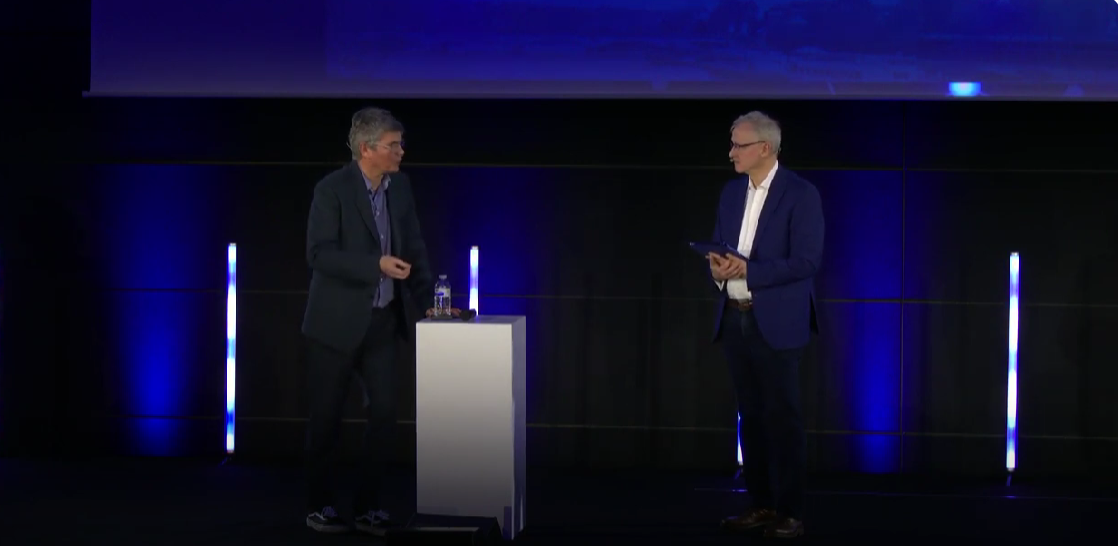Quantum computing’s potential to revolutionize the energy and utilities industry, particularly in managing the overwhelming influx of data from smart energy infrastructures, renewable sources and electric vehicles, is of the utmost importance if we are to achieve innovative technological advancements. This capability to efficiently process and optimize vast datasets offers unprecedented opportunities for enhancing energy distribution, developing cleaner fuels, and improving energy storage solutions.
Stéphane Tanguy’s insights from EDF (Électricité de France) at Q2B24 Paris earlier this year exemplify the practical application and exploratory journey of quantum computing within this sector, underscoring the synergy between advanced computational power and sustainable energy solutions.
Tanguy articulated the critical role of quantum computing in addressing complex grid use cases, calling attention to the shift from classical to quantum paradigms.
“All specificity is that we decided basically to start pretty early back in 2018,” said Tanguy, underlining EDF’s proactive approach in harnessing quantum algorithms for grid optimization. This early adoption underscores the necessity of advanced computation in enhancing energy efficiency and operational effectiveness across the grid.

The transition from conventional to quantum computing involves significant learning and adaptation, as Tanguy notes: “from a classical to Quantum.” This evolution necessitates a profound understanding of quantum mechanics and its application in simulating physical phenomena crucial for maintaining the safety and performance of energy production facilities. EDF’s strategic investment in quantum computing research aims to surpass the limitations of classical computing methods, particularly in areas like material aging under radiation and solving partial differential equations critical for infrastructure integrity.
Tanguy’s discussion extended to the development of an internal quantum computing expertise, marrying theoretical knowledge with practical application.
“The key thing was to build a skill set,” he said, underscoring the importance of equipping researchers with the tools necessary for quantum algorithm development. This not only fosters innovation within EDF but also contributes to the broader quantum computing ecosystem, encouraging open science and collaborative progress.
Tanguy’s insights from EDF’s journey into quantum computing offer a compelling glimpse into the transformative potential of this technology in the energy sector. By leveraging quantum algorithms for grid optimization, energy storage and the development of cleaner fuels, companies like EDF are paving the way for a more efficient, sustainable energy future. Tanguy’s emphasis on early adoption, skill development and ecosystem collaboration highlights the strategic approach necessary for realizing the full potential of quantum computing in addressing the complex challenges of modern energy systems.
Featured image: Credit: QC Ware
If you found this article to be informative, you can explore more current quantum news here, exclusives, interviews, and podcasts.
















